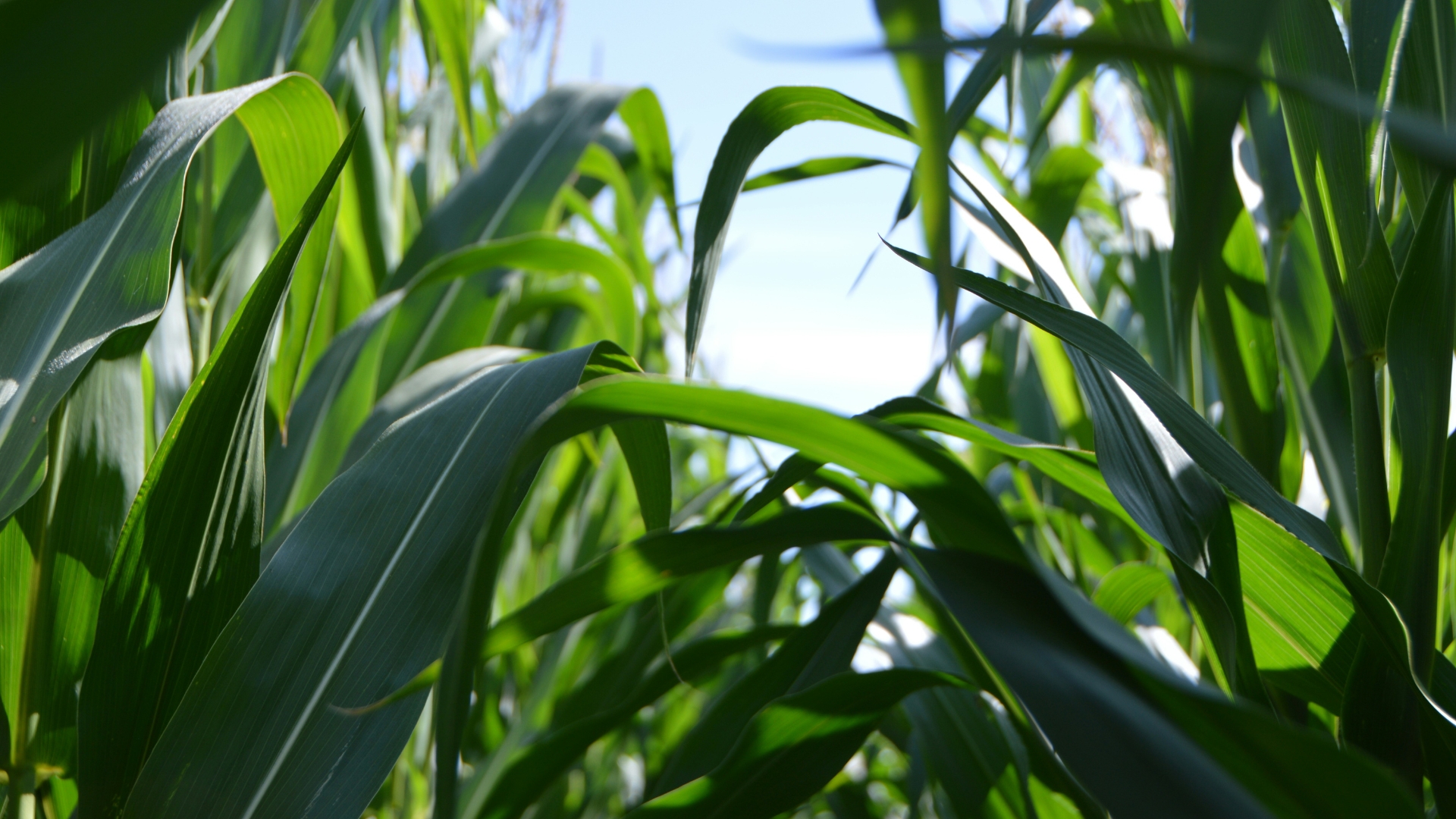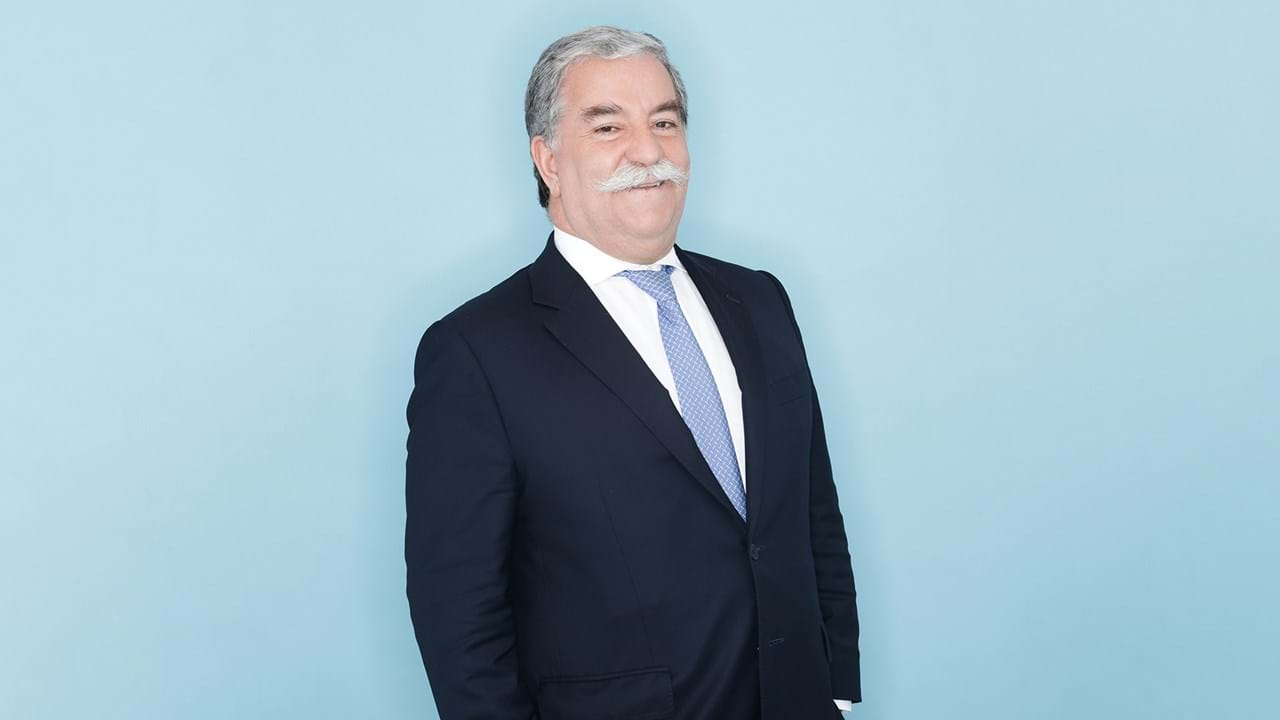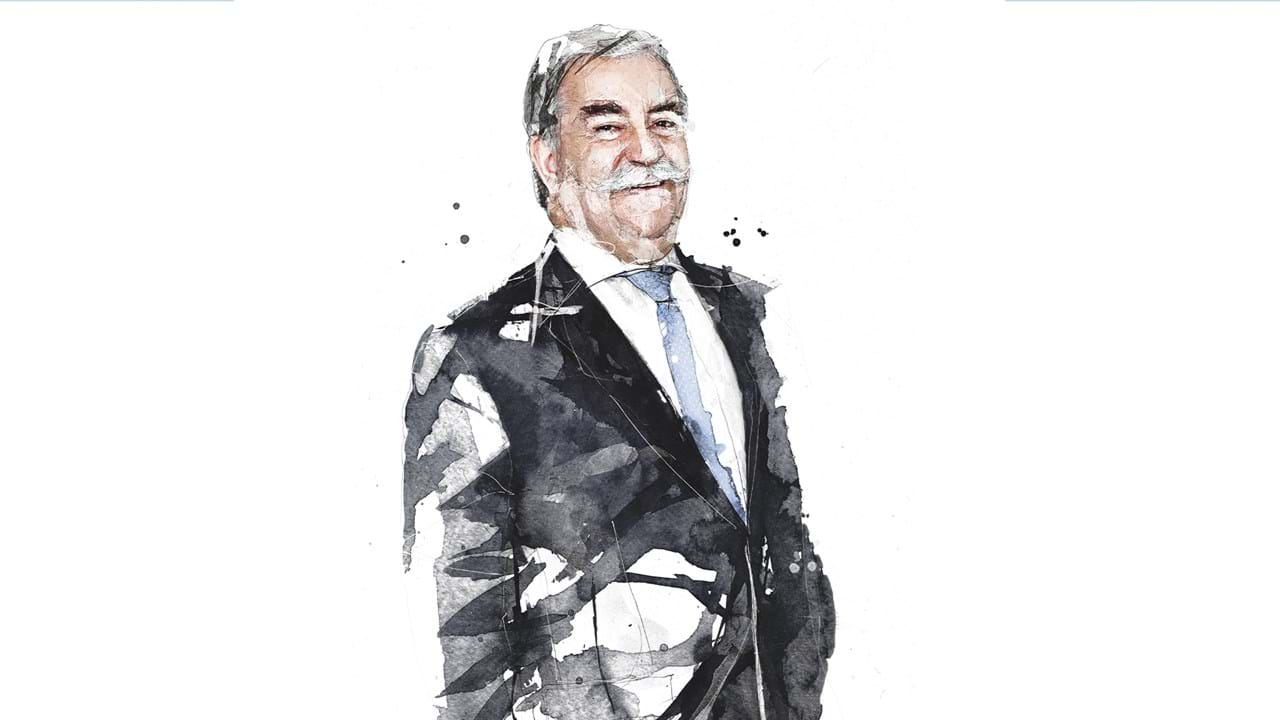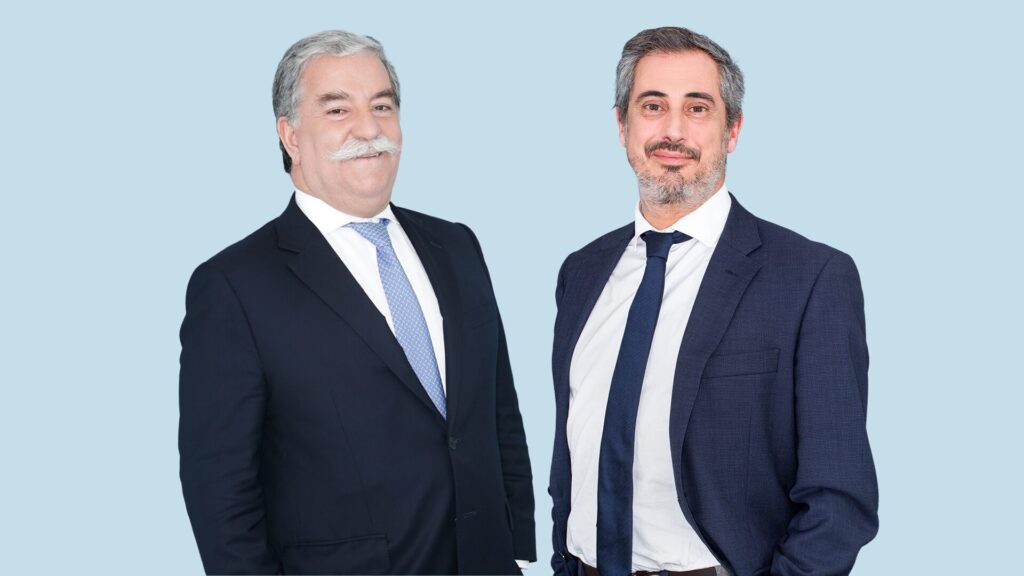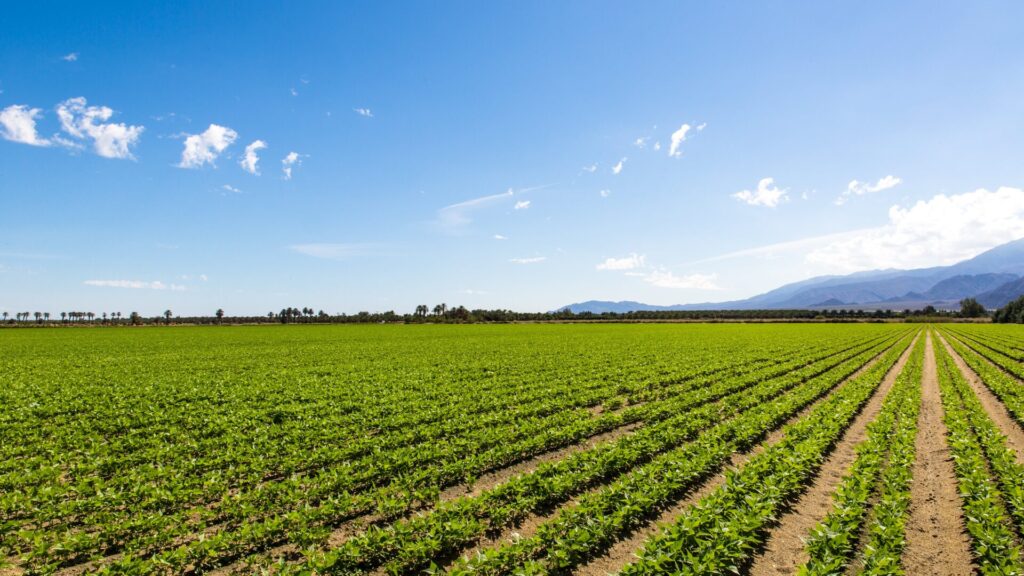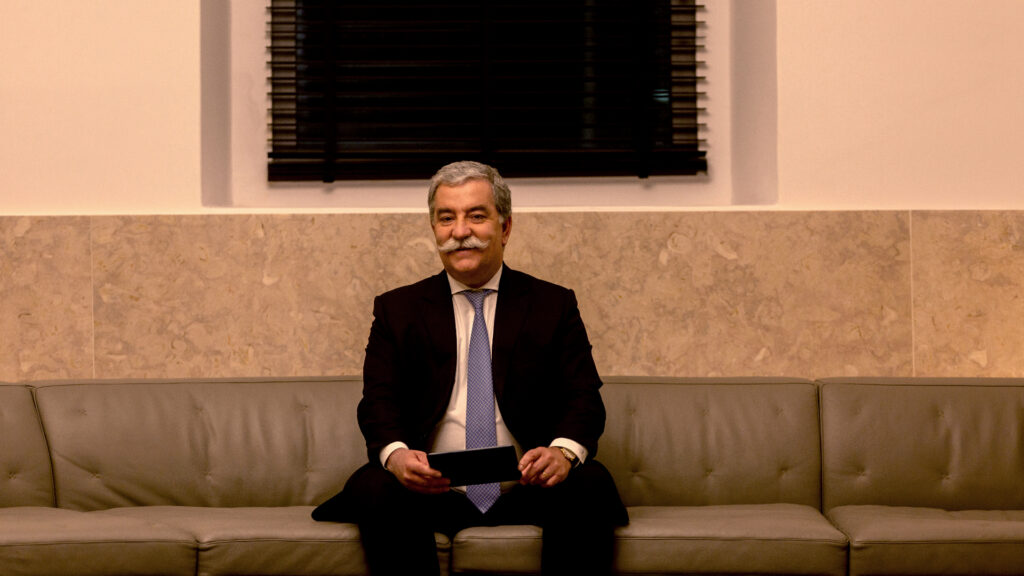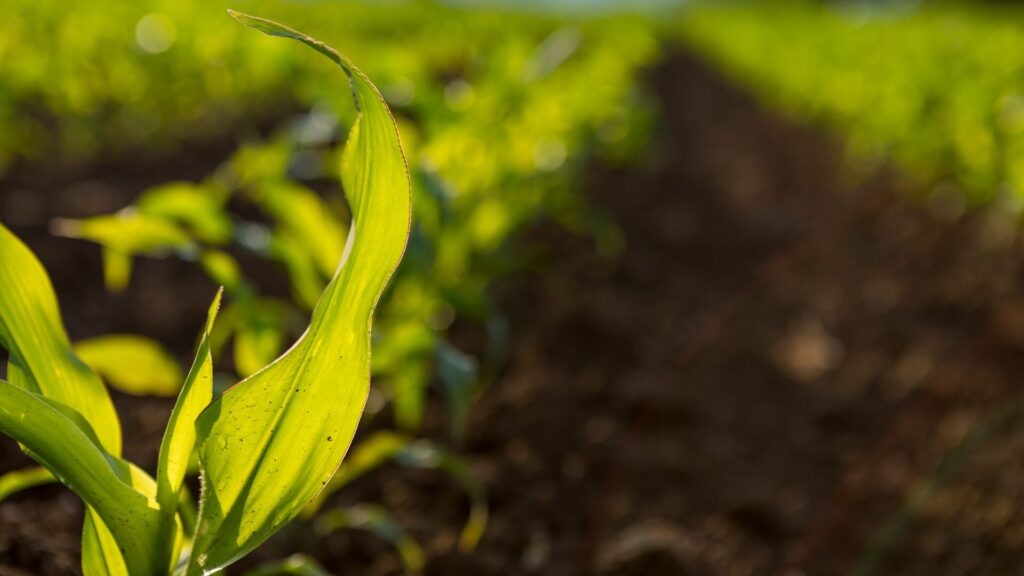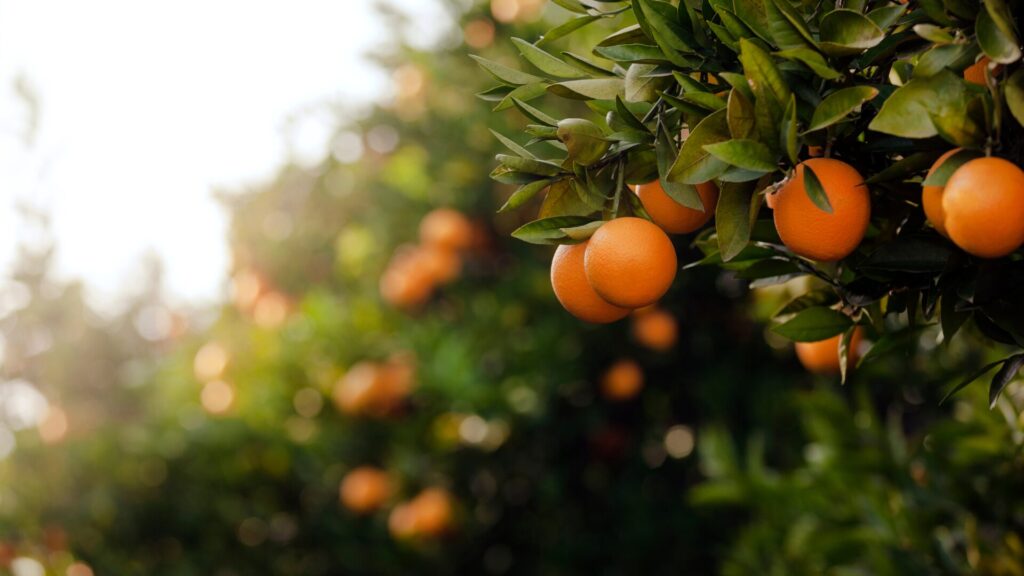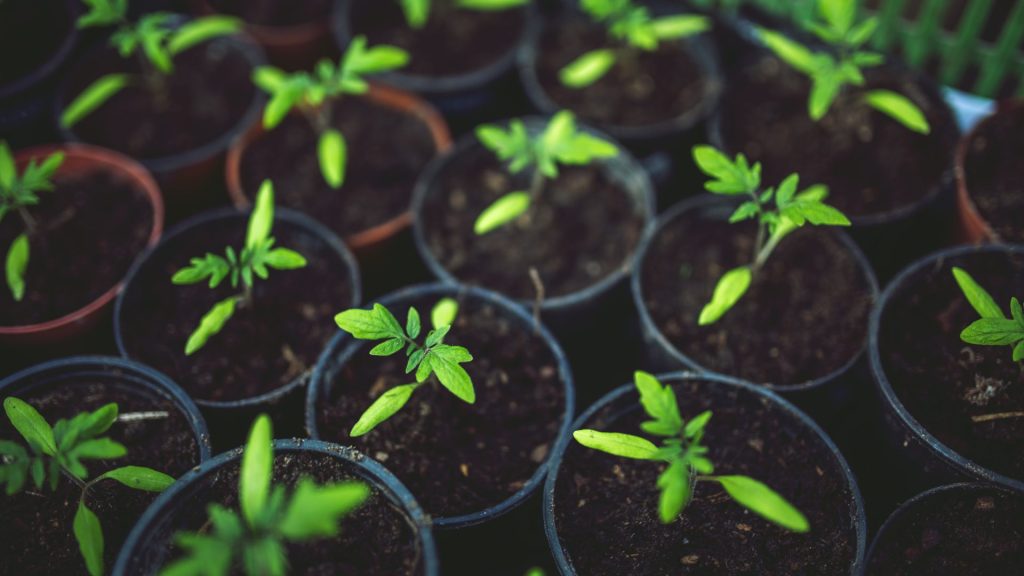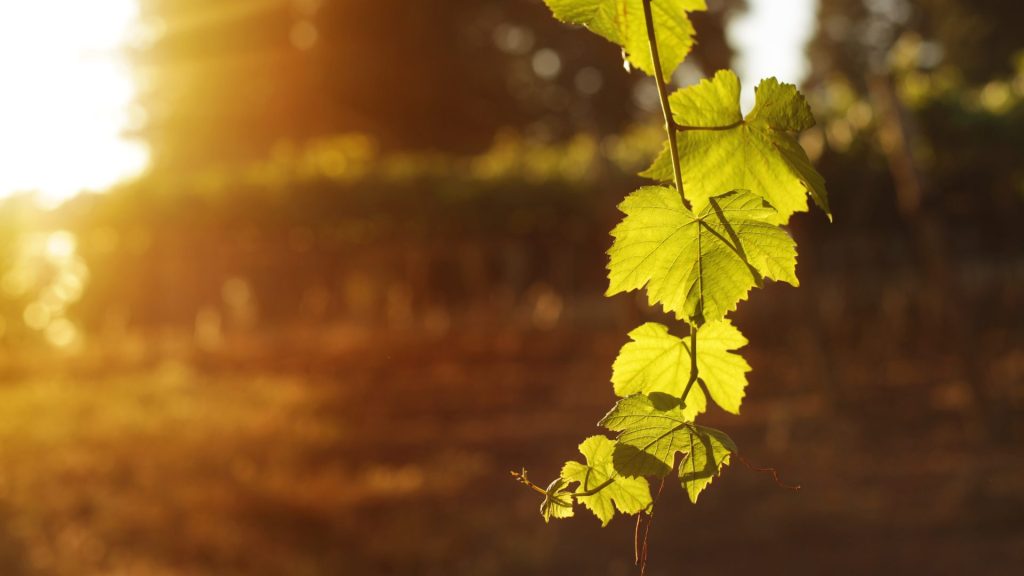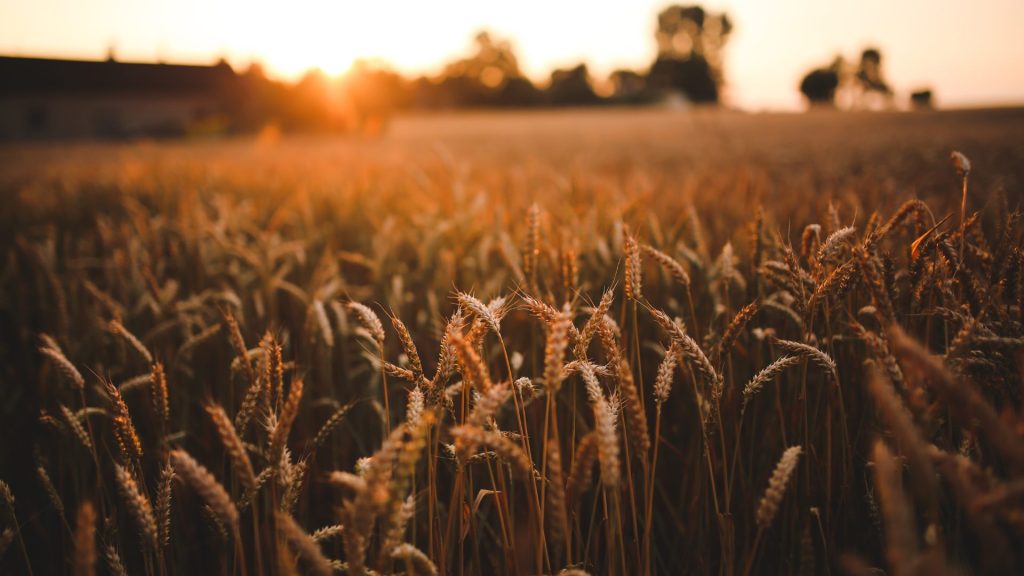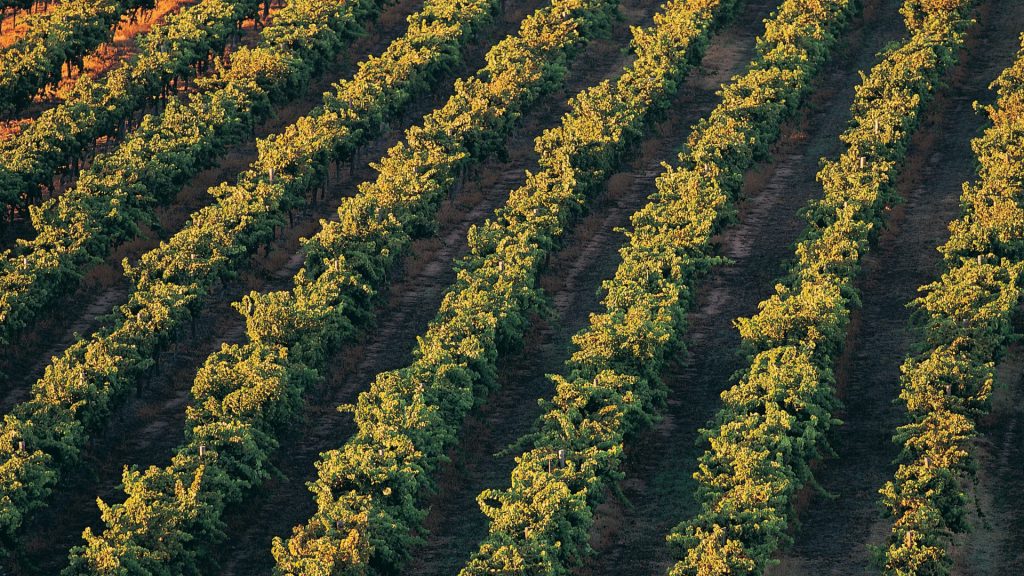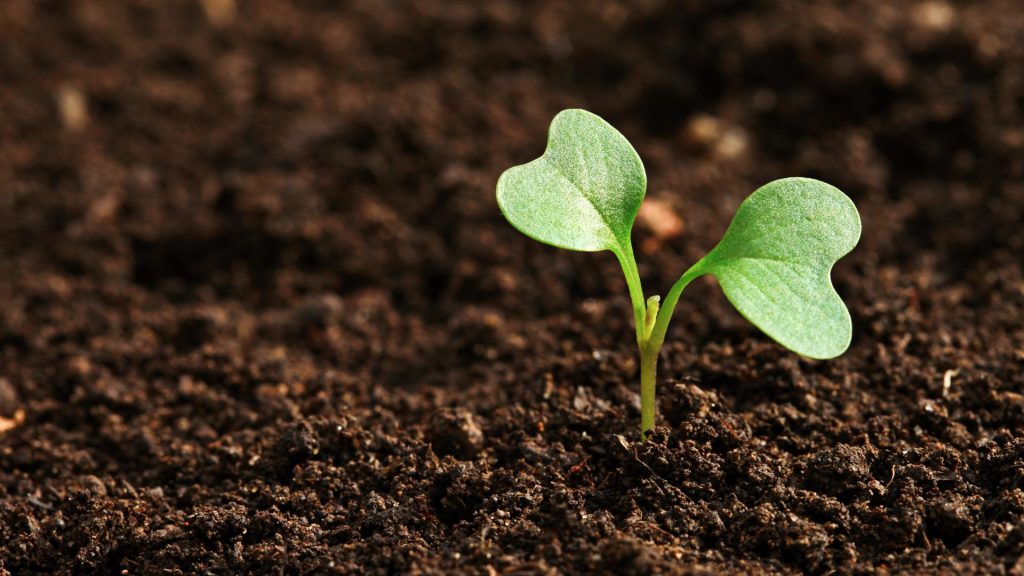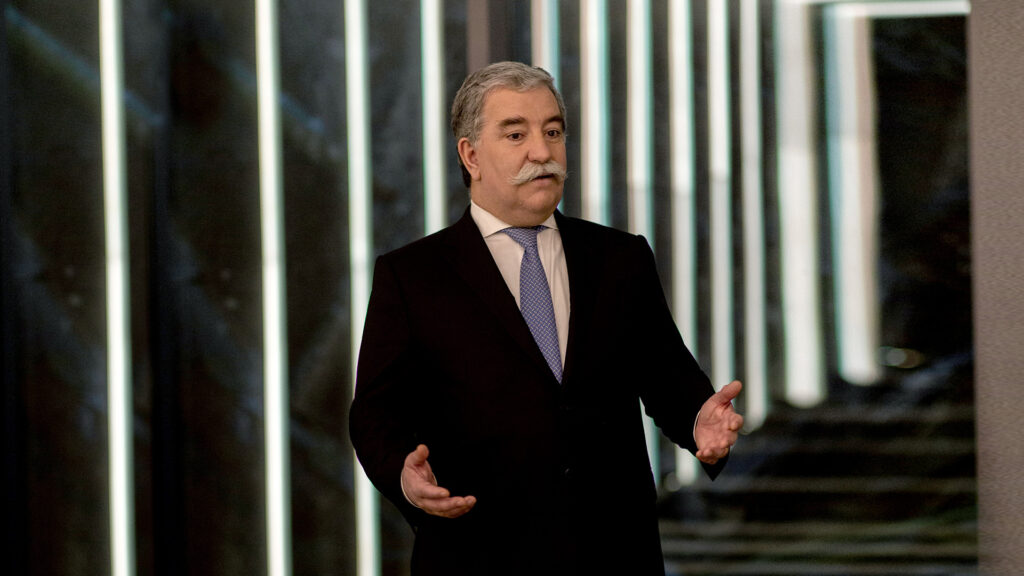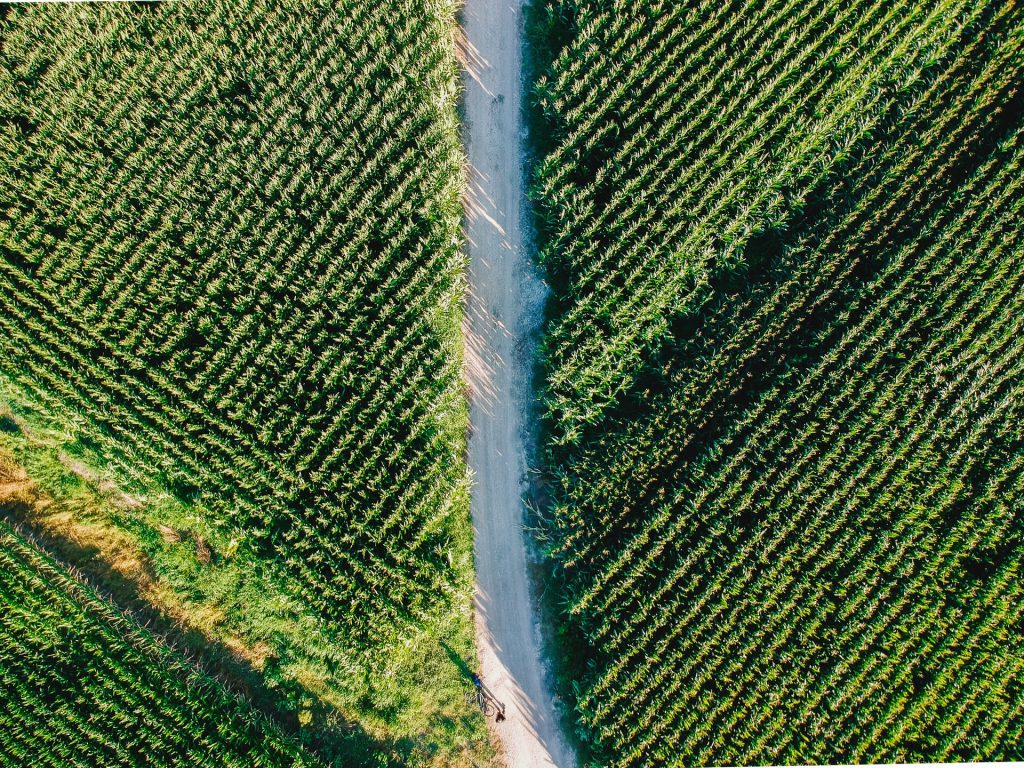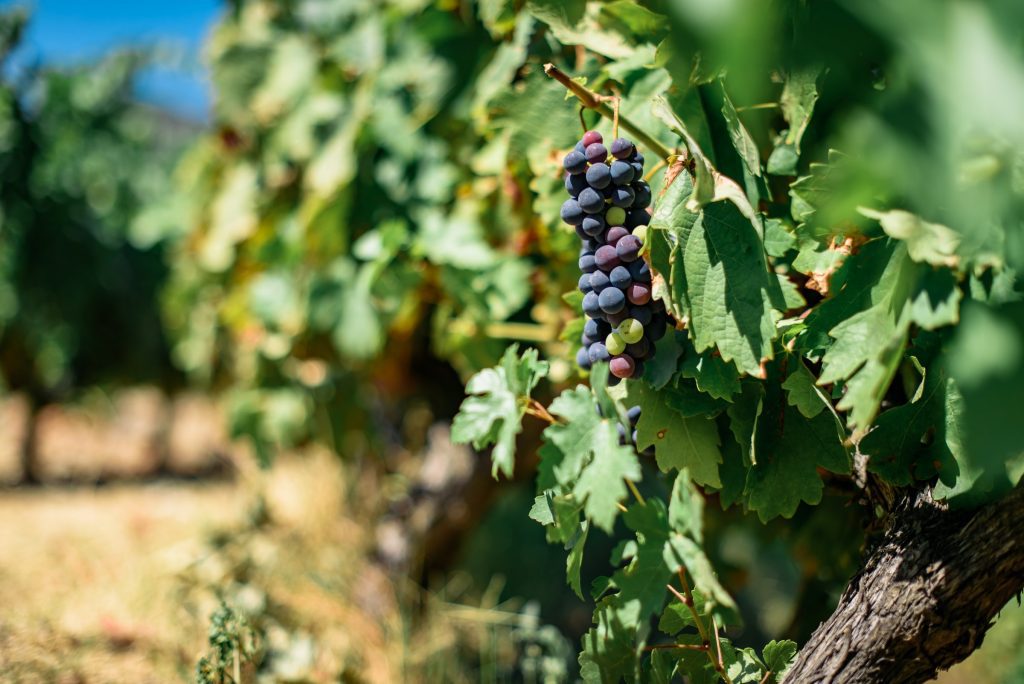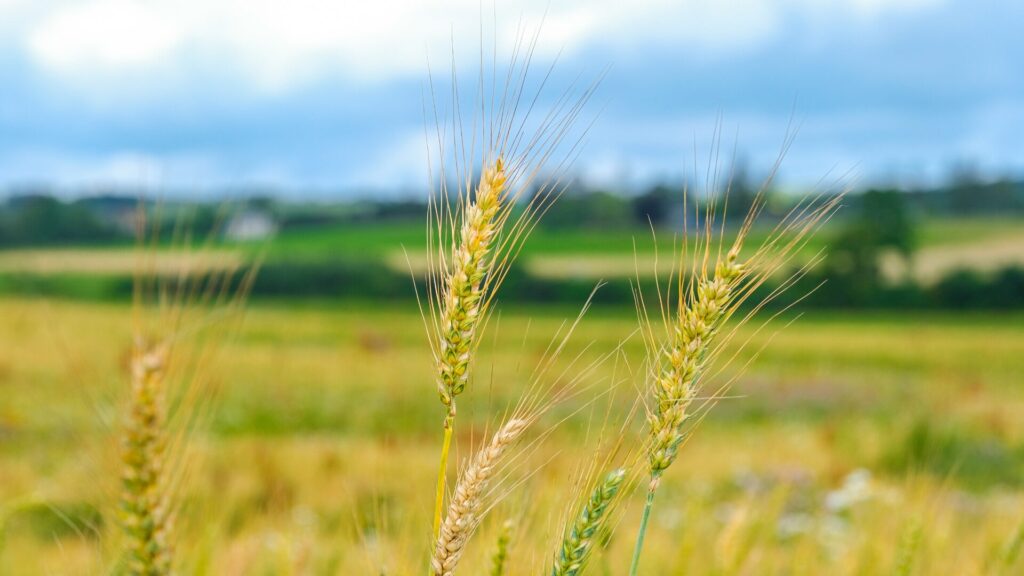18.09.2024
Industries: Agrofood
Updates | Agrofood | 15 – 30 september

“A common vision for agriculture and food in Europe”: Final report of the Strategic Dialogue on the Future of EU Agriculture
On 4 September, the President of the European Commission, Ursula von der Leyen, received the final report of the Strategic Dialogue on the Future of EU Agriculture, delivered by the group’s President, Professor Peter Strohschneider. Entitled “A common vision for agriculture and food in Europe”, the report presents an assessment of the challenges and opportunities, followed by a set of recommendations. These suggestions will guide the work of the European Commission in drawing up its Vision for Agriculture and Food, which should be presented in the first 100 days of President von der Leyen’s second term.
The report considers that food and agricultural production is an essential part of European society and security and that the diversity of European food and agriculture is an important asset. There is consensus among the members of the Strategic Dialogue that economic, environmental and social sustainability in the agri-food sector can be mutually reinforcing, especially when supported by coherent policy measures. The role of markets, eating habits and innovation in promoting sustainability is also emphasised.
The recommendations presented in the report are structured around five pillars:
- Working together for a sustainable, resilient and competitive future: this part addresses the need to adapt the CAP in the context of the current transition towards more sustainable and competitive food systems, the importance of strengthening the position of farmers in the food value chain, access to finance and the role of trade and international standards.
- Moving towards sustainable agri-food systems: the recommendations under this heading focus on supporting and promoting sustainable agricultural practices, including livestock farming, and advocate raising awareness of animal welfare and empowering consumers to choose sustainable and balanced diets.
- Promoting transformative resilience: in the face of growing environmental, climatic, geopolitical and economic risks, the report emphasises the need to strengthen risk management and crisis management tools, as well as to preserve and better manage agricultural land, promote water-resistant agriculture and develop innovative plant breeding approaches.
- Building an attractive and diverse sector: the importance of generational renewal and gender equality, as well as dynamic rural areas and agri-food systems, is described in detail in this section, including the need to protect workers.
- Improving access to and use of knowledge and innovation: the recommendations conclude that access to knowledge and skills should be facilitated and that digitalisation is an opportunity.
The report produced by the Strategic Dialogue on the Future of EU Agriculture is addressed to the European Commission, the European Parliament, the Member States and stakeholders (see Documents and studies).
European Commission: EU Agri-Food Trade Monthly Report
In May 2024, the EU’s agri-food trade surplus remained stable at 5 billion euros, slightly down on May 2023. Exports totalled 19.7 billion euros, with growth in olives and olive oil, but declines in vegetable oils and cereals. Imports totalled 14.7 billion euros, up 3% on May 2023, driven by increases in cocoa products, fruit, nuts and olive oil. The main trading partners include the United States, the United Kingdom, China, Brazil and Ukraine. These are the main conclusions of the latest monthly report on agri-food trade published today by the European Commission.
EU agri-food exports remained stable at 19.7 billion euros, with cumulative exports from January to May reaching 97.4 billion euros, an increase of 2 % compared to 2023.
The United Kingdom was the main destination, followed by the United States, which saw a 9 per cent increase due to higher olive oil prices. China saw a drop of 10 per cent, mainly in pork, cereal preparations and dairy products. In addition, exports to Brazil increased by 208 million euros (+21%), due to the rise in olive and olive oil prices. On the other hand, exports to Russia fell by 15 per cent (463 million euros), especially in spirits.
Olive oil exports increased by 60 per cent (+ 1.2 billion euros), while cereal export figures fell by 14 per cent (937 million euros) due to lower prices, despite an increase in volumes. Vegetable oil exports also fell by 37 per cent (654 million euros) due to lower prices and volumes.
EU agri-food imports totalled 14.7 billion euros, 3 % more than in May 2023. Cumulative imports from January to May totalled 69.6 billion euros, stable compared to 2023.
Despite a 4 per cent drop, Brazil remained the main source, followed by the UK and Ukraine. Imports from Côte d’Ivoire, Nigeria and Tunisia increased, driven by higher prices for cocoa and olive oil. In contrast, imports from Australia, Indonesia and Canada fell sharply. Imports of coffee, tea, cocoa and spices rose by 26 per cent (2.3 billion euros) and imports of fruit and nuts by 9 per cent (855 million euros), while cereals and oilseeds saw significant falls due to lower prices and volumes.
For more information and detailed tables, see the latest edition of the monthly report on EU agri-food trade. (see Documents and studies)
Back to school: EU school programme promotes healthy eating for children
For the 2024/25 school year, around 221 million euros have been allocated to distribute fruit and vegetables, as well as milk and dairy products, to children in educational institutions. The EU school scheme aims to provide nutritious products and reconnect children with agriculture through educational activities.
Based on the latest data available, around 18 million children, who attend around 139,000 educational establishments in the 27 Member States, have benefited from the scheme. These establishments range from crèches to secondary schools. An increasing number of children participating in the EU school scheme are benefiting from a more varied range of products. Under this programme, more than 60,000 tonnes of fresh fruit and vegetables (2.7% organic) and 100 million litres of drinking milk (5.4% organic) have been distributed.
EU countries have also contributed almost 130 million euros from national funds to complement the EU scheme, reinforcing its impact. The distribution of healthy products is also accompanied by various educational activities, such as tasting classes, cookery workshops and the creation of school gardens. These activities aim to educate children about healthy eating habits, public health implications, sustainable food production and combating food waste. As a result, the children ask for the rules learnt at school to be adopted at home too. In addition, children can learn about and taste other agricultural products, further broadening their understanding of balanced diets.
Commission authorises higher CAP advance payments to EU farmers
On 13 September, the European Commission authorised EU Member States to pay higher advances of Common Agricultural Policy (CAP) funds to agricultural producers, thus helping to solve the liquidity problems that many of them are currently facing. Provided member states make use of this authorisation, farmers will be able to receive up to 70% of their direct payments in advance from 16 October, compared to the current 50%. Similarly, advances for area-based and animal-based interventions in rural development can be increased to 85 per cent, instead of the usual 75 per cent.
EU farmers continue to face liquidity problems, notably due to extreme weather events that have had an impact on incomes in recent years, as well as high interest rates on the European financial markets and high prices for inputs and agricultural products. In order to respond to these challenges, and in line with one of the fundamental objectives of the CAP, which is to provide an economic safety net for EU farmers, several Member States have requested this authorisation.
The Commission acted quickly to provide this much-needed support to EU farmers, while guaranteeing legal certainty for Member States. In addition to various measures taken at the beginning of the year that gave farmers and national administrations more flexibility, the Commission also distributed part of the agricultural reserve to farmers in certain Member States who faced significant difficulties due to exceptional weather conditions.
Research for the PECH Commission – The EU’s oceans and fisheries policy – Latest developments and future challenges
On 13 September, the European Parliament’s Committee on Fisheries (PECH) released a study giving an overview of EU policy on fisheries, aquaculture, the blue economy and international ocean governance.
The study describes the latest developments and future challenges facing the sustainable development of the EU’s fisheries and aquaculture sectors.
By confronting these fundamental challenges with current policies, the strengths and weaknesses of EU policy in responding to these challenges are assessed, and recommendations are made to strengthen EU action in responding to these challenges.
(See Documents and studies)
Highlights of the AGRI Commission meeting on 4 and 5 September
Meeting in Brussels on the 4th, the European Parliament’s Committee on Agriculture and Rural Development (AGRI) adopted an opinion on the general budget of the European Union for the financial year 2025, held an exchange of views with the European Commission on the first annual activity report of the expert group on the European Food Safety Crisis Preparedness and Response Mechanism (EFSCM) and on African swine fever, and another with the European Food Safety Authority on the European Union’s 2022 Report on pesticide residues in food.
The following day, MEPs exchanged views with the European Commission on the High Level Group on Wine Policy and on the use of the agricultural reserve for emergency support for farmers in Austria, the Czech Republic, Poland and Portugal.
AGRIFISH Council preview for 23rd September
The Council of the European Union, in its Agriculture and Fisheries configuration, will meet under the Hungarian Presidency on 23 September.
On the basis of information from the European Commission and the member states, the agriculture ministers will discuss the situation of the agricultural markets, a recurring theme on the Council’s agenda.
According to information from the Hungarian Presidency, the Council will hold a public debate on the second year of implementation of the Common Agricultural Policy (CAP) strategic plans.
Fisheries ministers will exchange views on the forthcoming annual EU-UK consultations on fishing opportunities for 2025, as well as on the annual consultations between the EU and Norway and the coastal states for the same year.
Under the “Other business” item on the agenda, the Hungarian Presidency will publicly brief the Council on: (i) the EU-Western Balkans Summit on veterinary services (Budapest, 11 September 2024); (ii) the FAO Forestry Committee (Rome, 22-26 July 2024); and (iii) the FAO Agriculture Committee – Livestock subcommittee (Rome, 16-18 July 2024).
